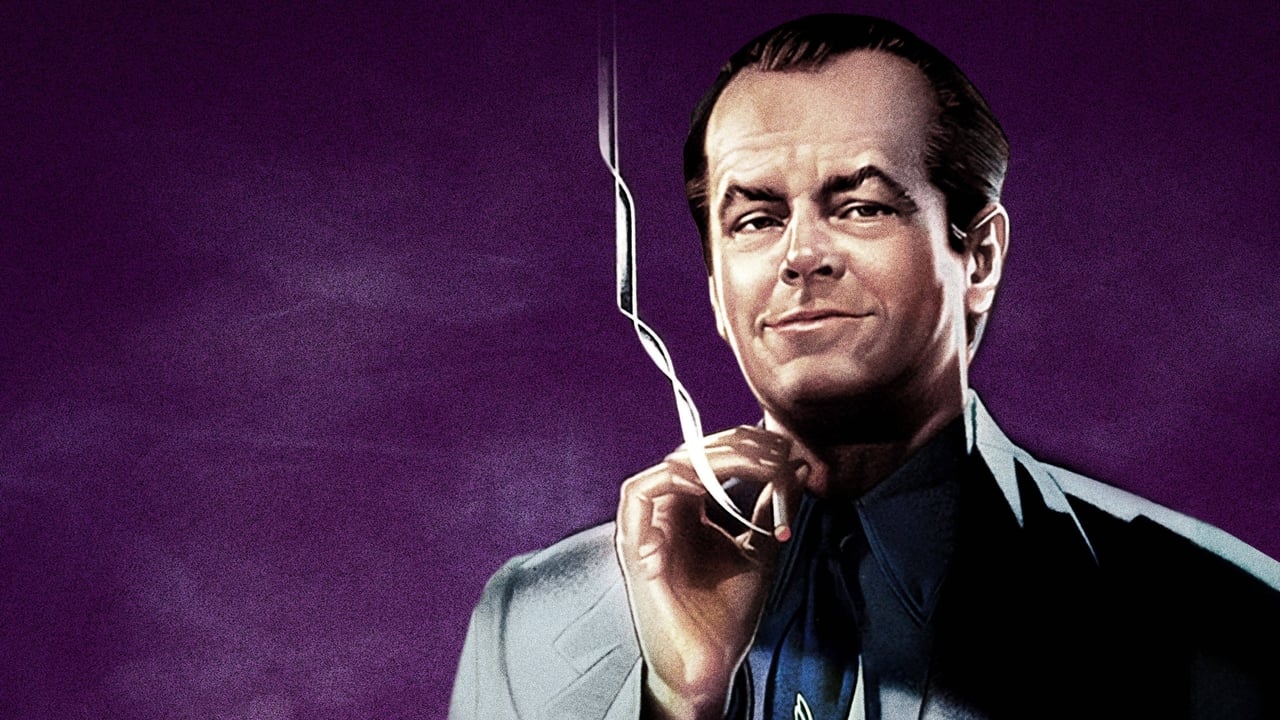It's good, it doesn't seem as bad as many says, but it's also far from the quality of the original movie.
I loved Chinatown and was very curious to see this film, notoriously less famous and less recognized. I was curious to see to what extent this would be a consequence of the widespread ill-fame that hangs, more or less justifiably, over the sequels of good films. What I can now say, after having seen it, is that I can understand why it has fallen into a certain oblivion: in fact, it is not a very interesting film, and it is very far from having the quality that we found in Chinatown, even if he tries to do it and manages to have a certain merit. Honestly, there are far worse sequels out there, and this movie still has its value.
This time, the director's chair fell into Jack Nicholson's hands. The actor was committed to this project in a very deep and personal way from the beginning, and if this film came to fruition, it is entirely his credit: he was the one who unlocked the necessary funding and ended up agreeing to direct the film when no other director wanted it, and when it was already impossible for Roman Polanski, for legal reasons, to travel to the USA in order to do so. He believed in the project, even eleven years after the initial film, and that is always commendable. The film tries everything it can, but it was very poorly received by critics and the box office was extremely adverse to it.
The script is, in part, the source of the problem, with a creative, engaging and original story that, however, has several strange twists and moments where we don't understand the attitudes of the characters. It all starts when detective J.J. Gittes is hired by a rich man, Jake Berman, to keep an eye on his wife and catch her in adultery. However, at the moment, Berman kills his wife's lover. It turns out that the lover is the partner with whom he had a real estate company, and the act of adultery was then virtually the only situation in which Californian law allowed for forgiving a murder. Gittes is thus convinced that he has been used and that Berman has instructed his wife to seduce his partner in order to kill him and, by law, take his share of the company. Gittes decides to investigate the matter further and discovers that the real estate's land may be more valuable and that it was owned by someone he had sworn, in the past, to protect.
The film brings together a cast of heavyweights. In addition to a powerful and committed performance by Jack Nicholson, in the lead role, the film also has an excellent collaboration by Harvey Keitel. Also, Meg Tilly and Madeleine Stowe, the two main actresses, are excellent and leave us a mature and very well done work. However, the rest of the actors do not stand out and almost do not appear.
Technically, the film seeks to closely follow the style and look of “Chinatown”, recreating in a way the neo-noir style that this film has acquired. It doesn't do it so happily, there's the notion that this is a copy, and the cinematography works in a less happy and less elaborate way, with less present play of light and a sepia color that doesn't look exquisite and pretty, rather faded. The film was happy in the way it recreated the mannerisms, attire and sets of 1948, and the choice of automobiles was particularly successful. There are several sound and visual effects that work well, but it's all brought down by clumsy editing and the clumsy way in which the story is told, and the scenes are put together.
